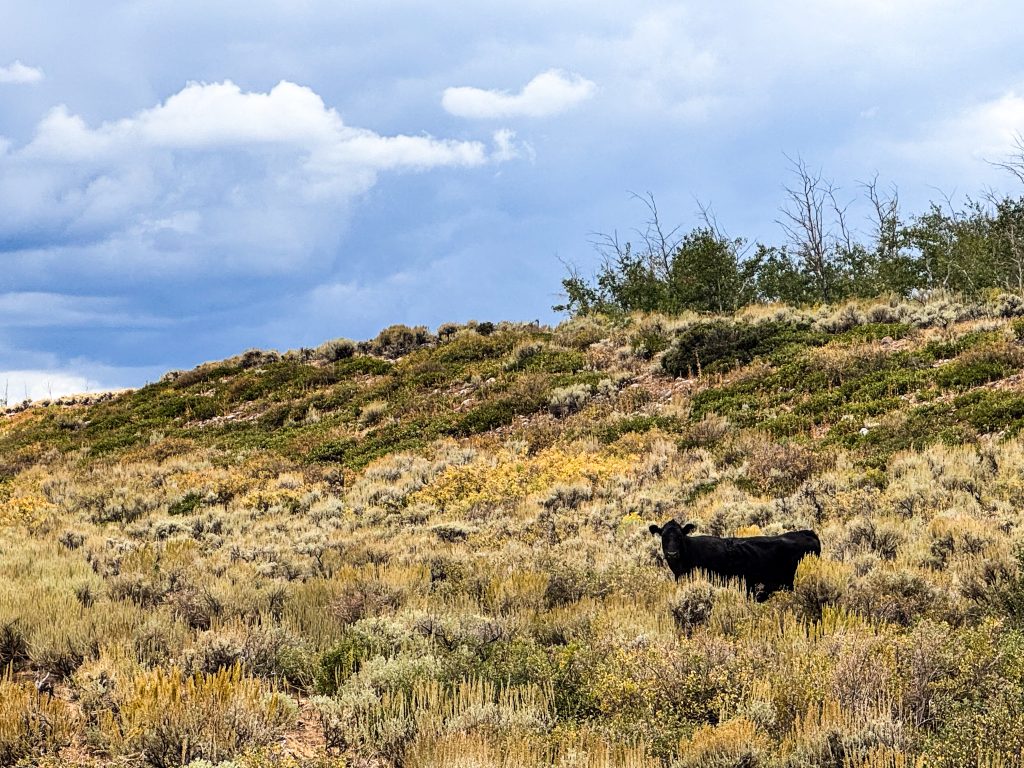Trade Hearing: Ag groups testify against Brazil’s unfair practices

A public hearing regarding the Section 301 investigation of Brazil’s trade acts, policies and practices was held in Washington, D.C. on Sept. 3. The investigation into Brazilian trade was launched on July 15 and has garnered attention from several members of the agricultural sector.
Groups testifying at the hearing included the Renewable Fuels Association, Growth Energy, National Corn Growers Association, U.S. Cattlemen’s Association and National Cattlemen’s Beef Association (NCBA).
NCBA Executive Director of Government Affairs Kent Bacus was one of several who asserted the Brazilian government’s trade policies are negatively impacting U.S. agriculture.
Bacus’ testimony called for stricter action against Brazilian trade, specifically regarding beef imports, citing a long-standing history of unfair and unsafe trade policies and calling for a total suspension on Brazilian beef imports.
The investigation
A Section 301 investigation refers to an investigation launched by the Office of the U.S. Trade Representative (USTR) under Section 301 of the Trade Act of 1974. The Trade Act is intended to address unfair foreign trade policies which pose threats to the success of commerce in the U.S.
For years, NCBA has raised concerns about Brazil’s trade practices and the threats their policies pose to food safety and trade supply in the U.S.
As noted in a Sept. 3 NCBA press release, in the past five years, Brazil has sold $4.45 billion of beef to American consumers but failed to reciprocate meaningful access for U.S. beef by implementing burdensome technical barriers.
On Sept. 5 during Radio Oklahoma Network’s “Beef Buzz” radio program, Bacus cites “rigorous and unjustified requirements” from the Brazilian government rather than a lack of demand for U.S. beef as reasons for the import imbalance.
Bacus further notes the U.S. exported roughly $21 million of beef into Brazil’s market over the last five years, contrasting the $4.45 billion imported from Brazil.
NCBA also notes Brazil’s failure to report serious animal health cases in a timely manner has raised questions about food safety and animal health standards. Brazil has repeatedly waited weeks, months or even years to report cases of atypical bovine spongiform encephalopathy (BSE) while using the delay to sell more product.
The hearing
During the hearing, Bacus expressed several grievances with Brazil’s trade policies. Attention was focused on Brazil’s one-sided trade relationship brought about by restrictions on U.S. beef and NCBA’s long-standing concerns with the Brazilian government’s track record of food safety and animal health.
Bacus praised the Trump administration’s decision to increase tariffs against Brazil by an additional 50 percent, which went into effect in August. The new tariffs were levied on top of a pre-existing 26.4 percent rate on beef, which Bacus referred to as “a good first step” before calling for further action.
“NCBA is extremely supportive of President Donald Trump holding Brazil accountable by levying upwards of 76 percent tariffs on Brazilian goods headed to the U.S. market,” Bacus testified. “This is a good first step, but the administration must continue to hold Brazil accountable for its trade barriers on U.S. beef and its lack of transparency and accountability.”
“NCBA urges the Trump administration to suspend beef imports from Brazil until a thorough audit and inspection process proves Brazil can meet an equivalent level of food safety and animal health,” Bacus continued. “NCBA was the first to raise alarms over the Brazilian government’s food safety issues in 2017 and its delays in reporting atypical BSE cases in 2021 and 2023. The U.S. holds all trading partners to the highest science-based standards, and Brazil should not be the exception.”
Bacus also told “Beef Buzz” NCBA believes a total suspension of trade with Brazil will be the most effective way to protect commerce and food safety when it comes to the beef industry.
“We think this is the only way to deliver the message that they need to clean up their act to be more transparent and more accountable,” Bacus stated. “It is a privilege, not a right, to do business here in the U.S.”
Grace Skavdahl is the editor of the Wyoming Livestock Roundup. Send comments on this article to roundup@wylr.net.





